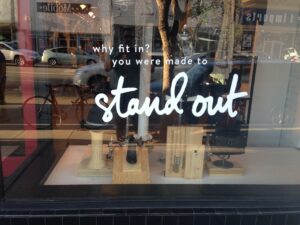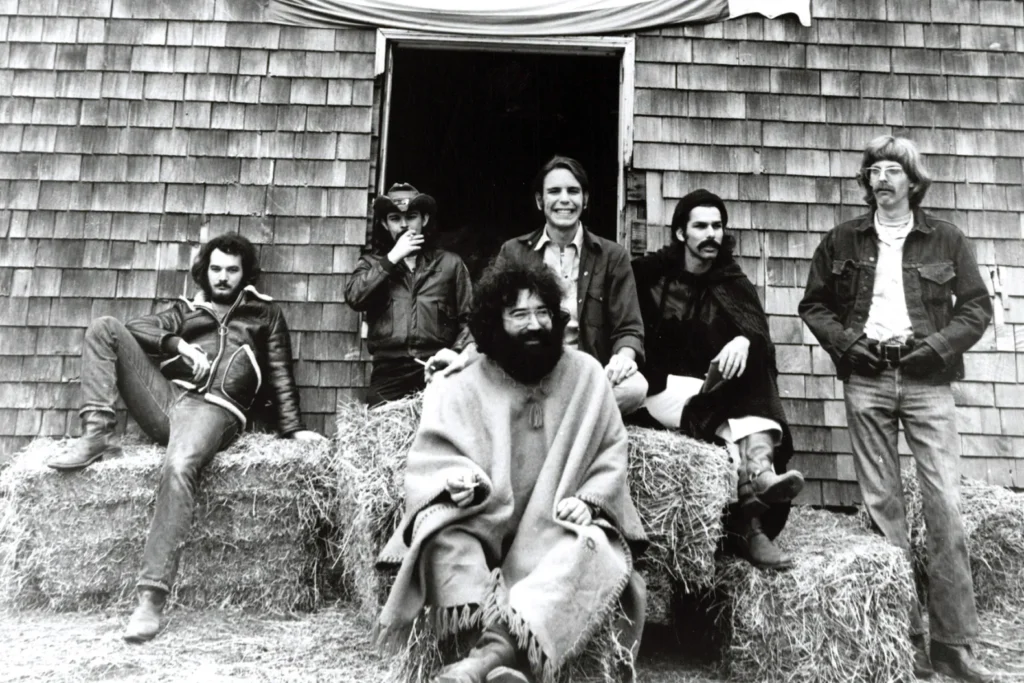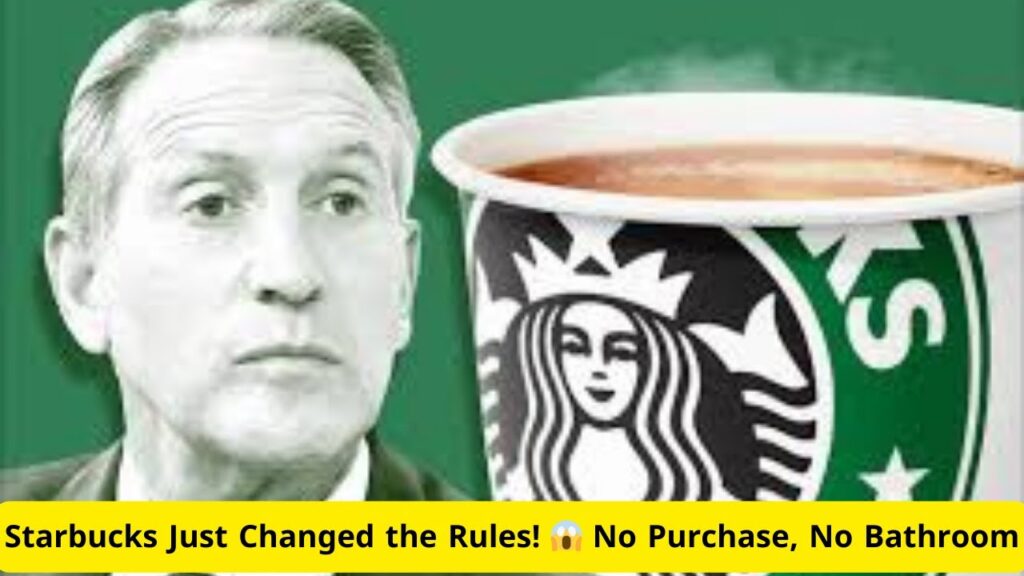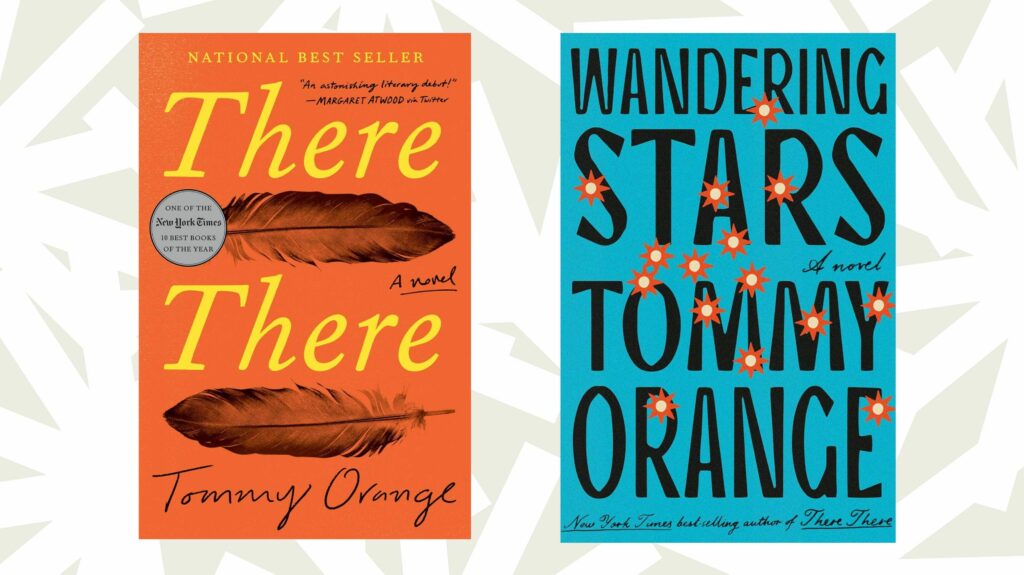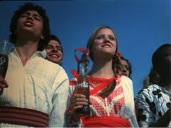 Do you think things are messy now? Feeling a bit cranky? A stalled economy, endless wars in the Middle East, leaders who don’t lead and a host of other factors are leaving us anxious and pessimistic. For the first time in our history, polls tell us that American’s don’t feel their children will be as well off as they are.
Do you think things are messy now? Feeling a bit cranky? A stalled economy, endless wars in the Middle East, leaders who don’t lead and a host of other factors are leaving us anxious and pessimistic. For the first time in our history, polls tell us that American’s don’t feel their children will be as well off as they are.
That we are anxious as a society is by no means unique. Nearly every generation of Americans has endured its share of crises, many of which make our current troubles pale in comparison.
What seems to be different now is a rampant cynicism running through our culture. Humor is steeped in irony; unabashed feel good moments are few and far between. Trust in institutions is eroding at what seems to be an unprecedented pace. The Wall Street Journal and conservative blogs make no attempt in masking their hatred for the president, oftentimes flaunting their disrespect. But relatively speaking, he’s got it good. While Obama’s approval rating dipped to 41% in September, Congress could only garner an abysmal 13%.
Wherever we turn, we are reminded of the insidious divisions in our country: Blue State/Red State, Old/Young, Man/Woman, North/South, Black/White, Gay/Straight, Democrat/Republican and more.
Of course, sharp differences in the value systems of Americans date back to the Revolutionary War. In fact, views on many issues, states rights and taxes to name a few, aren’t that much different than they were over 200 years ago.
My good friend Robert Schenkkan recently won a Tony for his masterful play about Lyndon Johnson, “All The Way.” In that work, as well as the powerful sequel, “The Great Society,” that recently premiered at The Oregon Shakespeare Festival, Robert clearly illustrates the old maxim that the more things change, the more they stay the same. In the latter play, we see how LBJ’s escalation of a foreign war in a distant land, in good part to ensure that his political opponents could not accuse him of being weak, was his undoing. It seems all too familiar.
However, just a few years after LBJ left office and the war in Vietnam still raging, with the massacre of four students by the Ohio National Guard at Kent State a recent memory and the country still polarized along political, racial and generational lines, a television commercial, in its own small way, demonstrated that there was indeed common ground in our country. Coca-Cola’s “Hilltop” ad featured a racially mixed, international group of young people singing, “I’d like to teach the world to sing in three part harmony.”
The “Hilltop” spot would be a joke today. Everyone holding hands and singing Kumbaya? Really? Looking back from today’s perspective, it seems remarkable that the spot wasn’t labeled a commie, pacifist, hippie anthem and spurned by Richard Nixon’s “Silent Majority.” Instead, the message of Peace and Love and Coca-Cola struck a responsive chord across the political spectrum. The spot was so popular that the jingle was recorded as a full-length song and became a hit single in its own right.
I can’t think of a single brand currently capable of pulling off anything of the sort.
But before super-sizing, before sugar was evil, before the obesity epidemic, who could argue that Coke wasn’t “The Real Thing?” It was wholesome and universal, an individual indulgence (“The Pause That Refreshes”) and a shared experience that brought people closer together. For better or worse – but mostly better – Coke was an American icon that stood for patriotism, optimism and unity. It was our drink.
In practical terms, there will never be another food or beverage brand to take its place. That ship sailed when dietary fads moved into the mainstream. Nothing we eat or drink is now without controversy, including bread and water.
As for other product categories, is there anything that is not controversial? Google is spying on us. Amazon wants to squeeze out local booksellers and control what’s left of the publishing industry. Apple exploits workers in China.
The Internet has certainly accelerated our loss of innocence. It’s one thing to read about domestic abuse and beheadings by savages in a remote part of the world. It’s another thing to actually see these things on You Tube. And no metaphor of innocence lost is more disturbing to me than the recent story of a 9-year old girl who accidentally killed her shooting instructor.
On vacation in Las Vegas, her parents signed up for a four-hour tour run by a recreational shooting range called “Last Stop.” The tour included a trip to the Hoover Dam and visit to the range where, as described in the New York Times, people “can fire the weapons of their dreams: automatic machine guns, sniper rifles, grenade launchers. A hamburger lunch is included; a helicopter tour of the nearby Grand Canyon is optional.”
The Times article goes on to say, “a video of the shooting, which her parents recorded on a cellphone, suggests that the girl, in pink shorts and with a braided ponytail, was unable to control the gun’s recoil; the instructor…was rushed to a hospital in Las Vegas, where he died…”
When I was a kid growing up on Long Island, family vacations meant piling in the car, leaving early in the morning and driving a few hours to upstate New York or New England. We’d stay in a rustic motel somewhere and visit the local sites – state parks, museums, shops and other places of interest. The best part of the day was the hours spent in the motel pool, playing with my little sister and any other kids that happened to be staying in the same spot.
Shooting automatic weapons was not on agenda. Nor were visits to Las Vegas or anywhere proudly defined by adult debauchery for that matter.
There will be no going back to anything approaching a pre-Internet age of innocence, and it’s doubtful that any brand will ever be as universally admired as Coke. It is also likely that we will stand hopelessly divided as a country until a truly inspiring leader steps up in response to an existential crisis that is perceived to be far worse than anything facing us at the moment.
But we’re marketers, not elected officials. Cynicism and disappointment may reign but we need not continue to fuel divisiveness.
Marketing is all about differentiation, the development of unique, proprietary communications for our brands. This frequently implies that the brand user is different and better than everyone else for making such a smart choice. However, brand differentiation should not be confused with personal differences. Coke didn’t tell people they were “better.” They provided an affirmation of acceptance, demonstrating that being who we really are is more than good enough and that we can celebrate our individuality by being part of something bigger. “Hilltop” didn’t say that Coke would make you better. It said that you would be better off by embracing the brand’s values of sharing and belonging.
People have always yearned to be part of “something bigger” in order to infuse their lives with meaning. Religions, tribes, nations and even the sports teams we root for are all good examples.
I believe that we still long for that “something bigger,” but rather than helping connect us in that transcendent way, the Internet and other communications technology have had the opposite effect. “Something bigger” has actually become something much smaller. We are not all Americans. We are Fox News people or MSBC viewers. We see the world through the lens of Bill Maher or Rush Limbaugh, but not both. People who don’t agree with us are (take your pick) greedy, selfish, ignorant, stupid or unpatriotic.
The Internet has given us more channels of opinionated content than we ever could have imagined, making it easier than ever for us to define our own personal version of reality. In addition, the global economy and advances in technology have built the expectation that we are entitled to a Starbucks-like customization of any product or service. The world is our tapas bar. We mix and match products, spirituality or politics as we see fit from our own narrow and narcissistic perspectives.
Marketers, in a world of big data and highly customized plans, feed the beast of division. You’re no one unless you’re “different” than everyone else.
Here’s a sign I noticed on the storefront window of Lucky Brand Jeans this week.
Here we have a chain store – the essence of conformity – talking about individuality. The message is that if you’re on the Lucky Brands team, you’re better than everyone else. But how? They never explain, and the clothes don’t look significantly different than anything you could buy at The Gap or J Crew.
We frequently talk about “pain points” in marketing, problems that our products can uniquely solve. The thing is, people are in real pain. Marginal improvements like having your packages delivered before 8AM, having your software update automatically or fortifying your breakfast cereal with additional protein do not provide relief. Nor will admonitions to “stand out” for without knowing what you should be standing for.
People are truly hurting emotionally in a world that continues to spin exponentially out of control. Boomers need to retire and Millennials need good jobs. We may have had “The Bomb” to think about in the Cold War Years of the 50’s and 60’s, but the basics of a good life – a job, a home, a car, college for the kids and a two-week vacation every year – were far more accessible to a broader middle class.
“Coke Hilltop” laddered up about as high as you can get, to world peace. It presented a positive, aspirational alternative to the state of despair at the time. The spot celebrated individuality within a context of standing for something truly big. It evinced feelings of comfort, security and belonging that were in short supply at the time. As they are now.
Of course we want our brands to stand out in their own unique ways and to impart the badge of “winner” on our customers. But in the greater scheme of things, in world that delivers a cascade of bad, dangerous news day after day, winning feelings derived from brands can only do so much.
It seems like none of the products or services in my life, the great, world-changing Apple included, make any attempt to elevate their brand experience to something truly shared and universal.
Iconic brands such as Apple, Nike and Starbucks do in fact stand for something bigger than computing, footwear and coffee. However, they seem more focused on personal, almost selfish pursuits than shared aspirations. Apple products help us communicate and collaborate, but the overall brand message feels more focused on self-fulfillment and individual creative expression. Even Starbucks, modeled on the community of the Italian coffee house, seems more about customized drinks and an individual retreat to our devices rather than sociability.
Maybe it’s time for a seminal shift in tone. Rather than tell our customers that “it’s all about you and we’re going to cater to your every narcissistic desire,” brands should take a lesson from Coke in its heyday to stand for values like world peace and tolerance. Values that are shared, universal and truly aspirational.
Coke got it right by laddering up as high as they could possibly go so many years ago. Just because our leaders are too timid to take stands to tackle big issues in a meaningful way doesn’t mean that brands have to make the same mistake. Laddering up to “freedom,” “independence” or “individuality” is always a tempting way to go. But in this moment, it seems that the greater rewards lie in values such as “comfort,” “belonging,” “tolerance,” and yes, even “world peace.”

